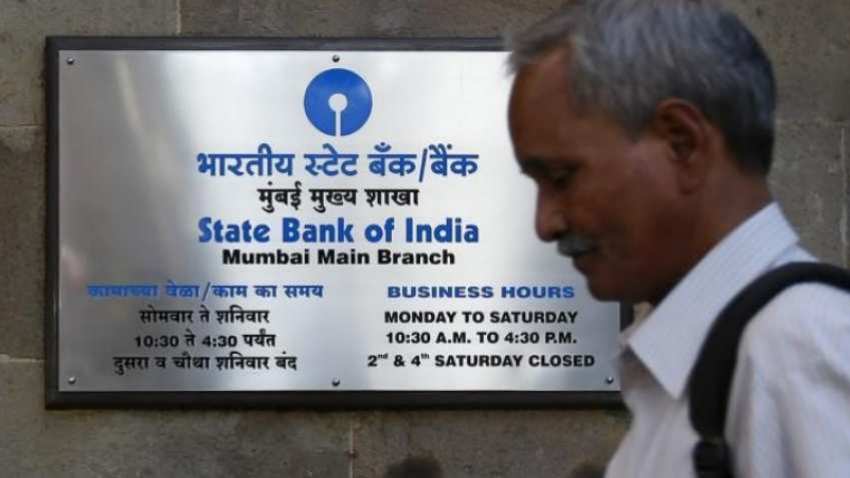It needs to be noted that, every income from other sources including interest earned on any investment is taxable. Hence, SBI customers can now rejoice, as their bank helps them save big on taxes.

The largest lender State Bank of India (SBI) has on multiple occasions brought various measures for its customers who are willing to deposit their money with them. In a latest development, SBI has come up with yet another tax saving investment scheme, which is quite attractive especially for customers who have low-budget deposits to make. Not only this, SBI’s latest offer even helps a customer save hefty on taxes. It needs to be noted that, every income from other sources including interest earned on any investment is taxable. Hence, SBI customers can now rejoice, as their bank helps them save big on taxes.
SBI through its Twitter account said, “Tax deduction on deposits up to INR 150,000! Grab the opportunity to invest in the SBI Tax Saving Scheme today. For more information, visit.”
SBI Tax Saving scheme is eligible for Resident Indiansfor himself/ herself as an individual or in the capacity of the Karta of the Hindu undivided family, having Income tax Permanent Account Number (PAN).
One can open a deposit account with SBI with just minimum Rs 1000, and maximum up to Rs 1.50 lakh a year. It needs to be noted that, Rs 1.50 lakh limit can be exceeded.
A customer can open two types of account under this scheme namely – Term Deposit (TD) account / Special Term Deposit (STD) account.
However, a customer will have to maintain a tenure of minimum 5 years and maximum 10 years.
Interest rates on these saving tax schemes are applicable as per the term deposits interest rate which begins between 5% to below 7% depending upon tenure.
However, one needs to remember that tax benefit can be claimed under section 80C of Income Tax Act, 1961.Under this section, Rs 1.50 lakh benefit is allowed.
Simply put, you do not have to pay any taxes on your interest earned at SBI.
Also, premature withdrawal is not permitted before the expiry of five years from the date of issue.
Apart from tenure, another flaw in this scheme would be that the TD/STD shall not be pledged to secure loan or as security to any other asset.
One can appoint a nominee for SBI’s tax saving scheme.






























